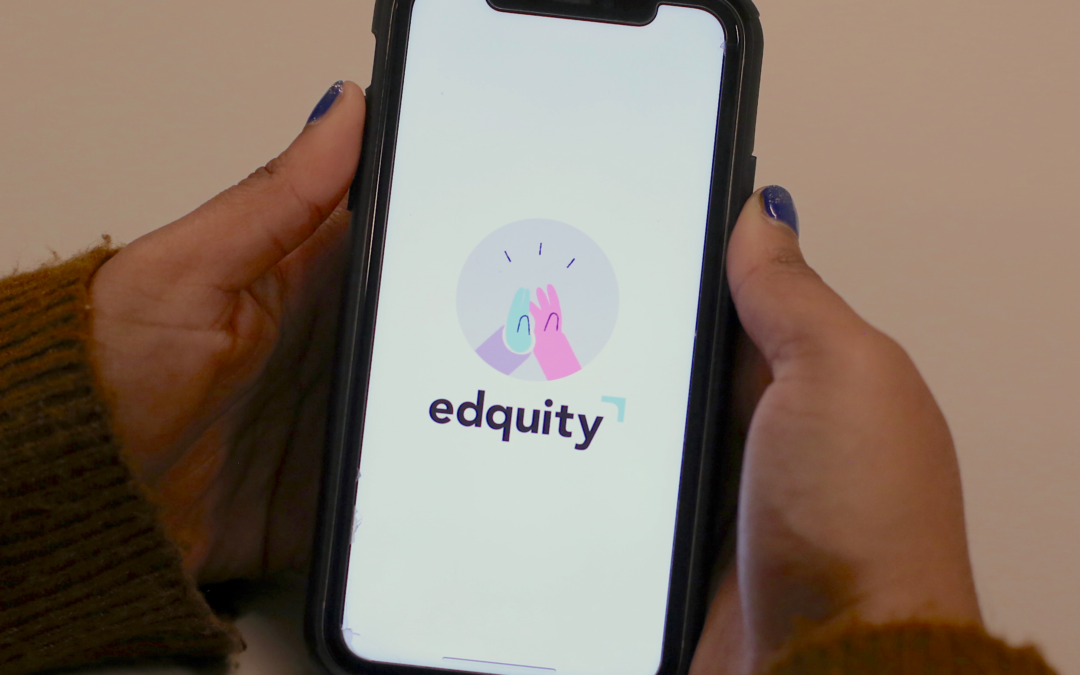While $500 may not sound like a life-changing amount of money, for many vulnerable college students, a $500 financial emergency can force them to drop out of college, altering the trajectory of their lives. Even before the start of the pandemic, college students had a hard time making ends meet while staying enrolled in school. A 2019 Hope Center survey found that 45% of students at two and four-year U.S. universities were food insecure, 56% of students reported housing insecurity, and 17% described themselves as homeless. The survey also found that 61% of students held jobs, but were still struggling financially. The pandemic and economic disruption have magnified financial hardships, particularly for first-generation students and students of color.
Understanding that a relatively small emergency of $500 or less can derail a student’s academic career, a number of institutions have allocated emergency aid or small grants that can be accessed by those in need. When properly disbursed, emergency aid is effective in keeping students enrolled. However, these programs are plagued by challenges that reduce their efficacy. Insufficient funds relative to demand, an antiquated and slow application process, ineffective marketing to needy students, implicit bias in the application process, and poor tracking mechanisms all contribute to suboptimal emergency small grantmaking. But edtech startup Edquity (Full disclosure: Michelson 20MM is an investor) has proven successful in more effectively distributing emergency aid funding so that sudden hardship doesn’t stop college students from obtaining their degrees.
Edquity’s flagship offering is a first-of-its-kind emergency grant application that algorithmically determines aid distribution to students most in need while maximizing student retention. Instead of an onerous and Byzantine application process, students can complete an application within minutes, obtain a decision in hours, and receive cash assistance in 48 hours to cover their financial shortfall. The app also includes a Yelp-like component that identifies all of the off-campus and on-campus resources available to students (i.e., food pantries, social services coordinators, etc.), providing a one-stop digital shop for emergency support resources.
This year, Edquity teamed up with its first California Community College partner, Compton Community College, to automate the school’s emergency student aid process using the startup’s evidence-based and research-informed technology platform. The early results reveal Edquity’s success in optimizing the application process to the benefit of students and school alike. At the median, a student completes the application in under 8 minutes, obtains a decision in 16 hours or less, and receives emergency aid funds within 24 hours. Early results of school retention rates are described as promising.
Leveraging Edquity’s small grantmaking platform, Compton Community College is able to quickly and efficiently disperse emergency aid to students so they can cover financial hardships related to food, housing, transportation, childcare, safety, and learning. By helping keep vulnerable students in school, Edquity furthers our mission of improving access and equity in higher education, so we’re proud to have the company as part of the Michelson Ventures portfolio.

